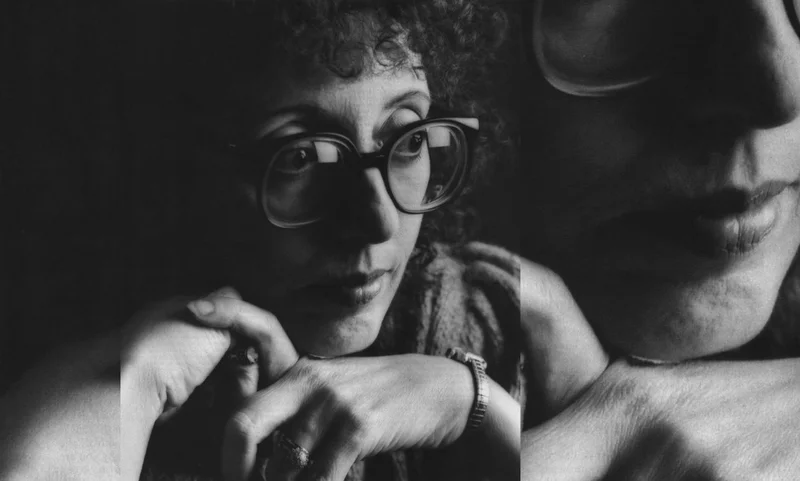Let's get one thing straight. The recent online spat between Joyce Carol Oates and Elon Musk wasn’t just another billionaire tantrum on a dying social media platform. It was a collision of worlds so fundamentally different they might as well be operating in separate dimensions. On one side, you have a literary titan who has spent over half a century dissecting the darkest, most twisted corners of the American soul. On the other, you have a guy who posts AI-generated videos of Sydney Sweeney calling him cringe.
This wasn't a fair fight. It was a surgeon being challenged to a duel by a guy holding a spatula.
When Oates, now 87, looked at Musk’s timeline—a bizarre fever dream of memes and lonely-sounding AI clips—and called him "totally uneducated, uncultured," she wasn’t just throwing shade. She was making a clinical diagnosis. She was observing a specimen. She noted that the world’s richest man seemed to have no connection to the things that give life meaning: art, nature, family, beauty. It was a critique as sharp and precise as a scalpel.
And Musk’s reply? "Oates is a liar and delights in being mean. Not a good human."
That’s it. That’s all he had. The CEO of multiple world-changing companies, the self-proclaimed savior of free speech, responded to a nuanced cultural observation with the intellectual equivalent of sticking his tongue out. He had a chance to be witty, to be self-deprecating, to prove her wrong, and instead... he just proved her right.
Here’s what I think Musk and his army of reply guys don’t get. They see "87-year-old novelist" and probably picture some frail woman in a dusty library, completely out of touch with their glorious digital future. They have no earthly idea who Joyce Carol Oates actually is.
This is a woman who fictionalized the Jeffrey Dahmer story in her novel Zombie, a book so grimy and psychologically suffocating it feels like you need a shower after reading it. She wrote Black Water, a harrowing account of the final, terrifying moments of a young woman drowning in a car, abandoned by a powerful man. This isn't Jane Austen we're talking about. Oates is a master of American horror, a chronicler of predators, manipulators, and the profound emptiness that drives them, making her what some have called Joyce Carol Oates, Our Most Surprising Horror Novelist.

Her most famous short story, "Where Are You Going, Where Have You Been?", is the perfect lens for this whole mess. It’s about a smooth-talking, unsettling stranger named Arnold Friend who shows up at a teenage girl’s house, slowly revealing his malevolent, almost demonic nature. He’s all surface-level charm hiding a terrifying void. Oates has spent a lifetime writing about the Arnold Friends of the world. So when she looks at a billionaire posting sad AI girlfriends and behaving with the emotional depth of a chatbot, she’s not just being "mean." She’s recognizing a type.
Did Musk have any clue he was picking a fight with someone who has written, in excruciating detail, about characters far more complex and menacing than him? Or does he just see a name with a blue checkmark, another target for the engagement machine?
Musk’s response wasn't just a bad look. No, 'bad' doesn't cover it—this was a five-alarm dumpster fire of a self-own. In one short post, he validated every single syllable of her critique.
Oates’s point was that for all his wealth and power, he lacked the cultural and emotional vocabulary to engage with the world in a meaningful way. So how does he respond? By refusing to engage with her idea and instead launching a personal attack. He couldn't debate the substance, so he attacked the person. It was a perfect, almost beautiful demonstration of the very emptiness she was describing. Offcourse, his fans rushed to his defense, calling her an "elitist," which is the go-to defense for people who think reading a book is a personal attack on their way of life.
It's a pattern with these tech guys, isn't it? They can build rockets and AI, but they can’t handle a single ounce of criticism that isn't about their stock price. Their entire world is built on metrics, optimization, and quantifiable data. Art, literature, beauty—these things are messy, subjective, and can’t be A/B tested for maximum user retention. They’re useless variables in the equation of disruption. So when someone like Oates points out that their spiritual bank account is overdrawn, they just short-circuit. They don't have the software to process that kind of input.
The whole episode felt like watching a computer try to understand a poem by repeatedly flagging it as "inefficient data." It’s just a total category error, a failure to even comprehend the language being spoken.
Ultimately, this wasn't a debate between two people. It was a snapshot of a culture in decline. It was a conflict between depth and surface, between a lifetime spent interrogating the human condition and a lifetime spent chasing engagement metrics. Oates offered a profound observation about the poverty of the soul in an age of infinite wealth, and Musk responded by calling her a liar. He didn't just miss the point; he proved it in spectacular fashion. He held up the rake, stared at it, and then stepped directly on it with the full force of his ego. And we all heard the thwack.